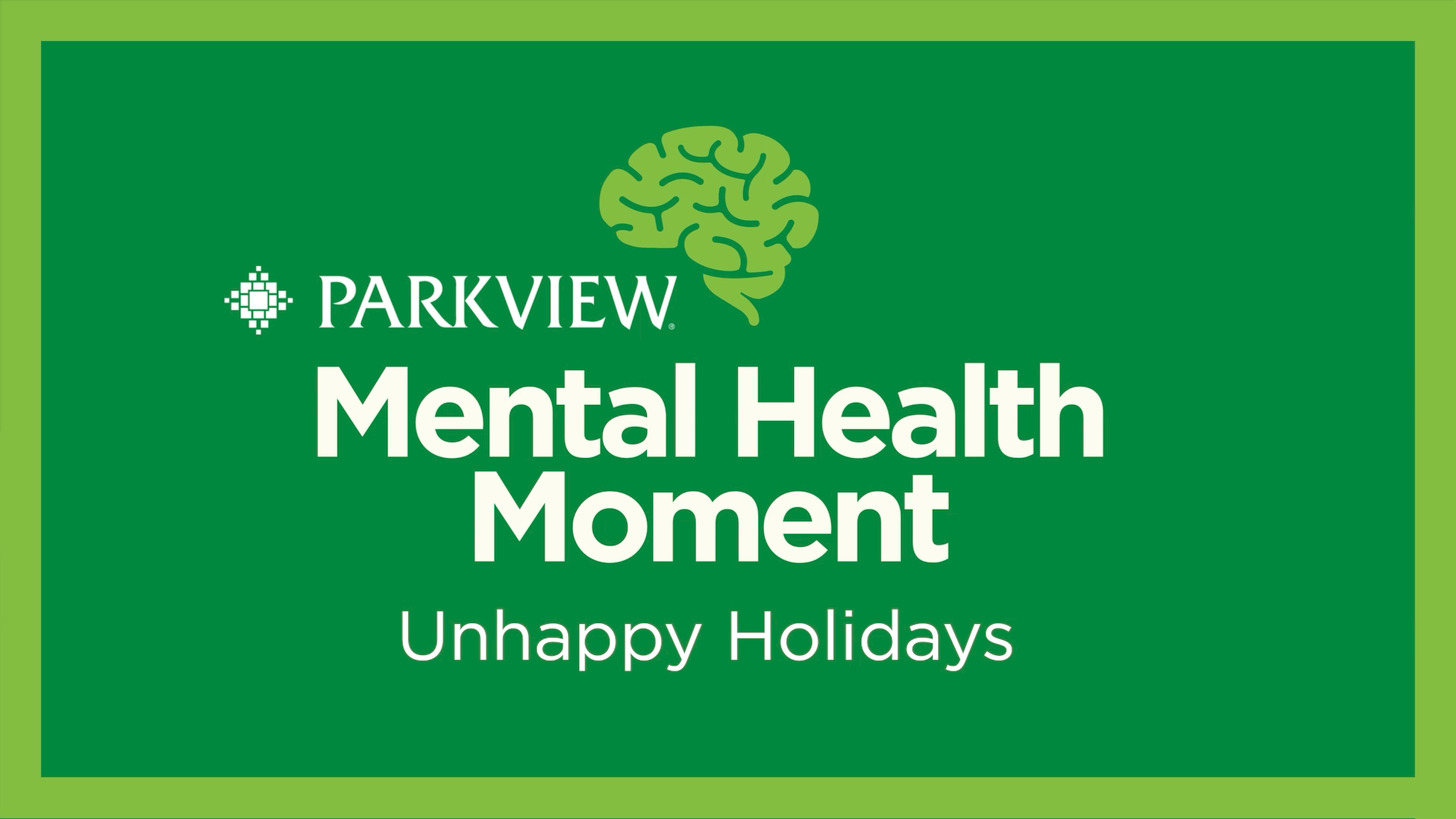
This post was written by Matthew Runyan, MD, section chief, PPG Psychiatry Hospital Section.
Everyone knows what to do when there is an emergency: Call 911. It’s simple, easy, straight forward. It’s a response engrained in us from a very young age. Whether you require police, fire or medical help, it’s one call that triggers the response you need when you need it.
Unfortunately, psychiatric emergencies tend to be more complicated. Sometimes people are uncomfortable getting emergency services involved, or don’t know what to do when a loved one is acting in a concerning way. In this post, I’ll share a brief overview of the local services available, as well as information on the types of involuntary holds that are available to police and medical services. Keep in mind, bringing your loved one in to the Emergency Department is often the best choice when possible, but when the situation becomes even remotely dangerous, it is best to utilize the resources below.
Call 911
Just like every other emergency, you can call 911 for a mental health crisis. Dispatchers will listen and send appropriate personnel, whether that’s police or ambulance. In some instances, an ambulance crew can help evaluate the situation and, if necessary, transport the patient to a local emergency room. In situations where imminent danger to someone is present, police presence is likely required. If you think police are necessary, ask for a Crisis Intervention Trained officer. These officers are trained in interactions with people with mental health conditions and emergencies and will take extra steps to ensure they de-escalate the situation and evaluate for next steps and options.
Emergency holds
Please note, the following are based on Indiana State Law. Each state has various but very similar laws, so if you don’t live in Indiana, please check local laws for full details.
24-Hour Immediate Detention
This can only be performed by police officers, and grants them the ability to transport someone to a local Emergency Department for psychiatric evaluation whether they want to be evaluated or not. The standard is that the person must show signs that they are dangerous to themselves (suicidal), dangerous to someone else (homicidal), or gravely disabled to the point of being unable to care for themselves or placing themselves into harm’s way due to their condition. This last situation can include things like being outside in freezing temperatures without appropriate clothing or regard to the dangerousness, walking down the middle of the street without looking for traffic, or acting so erratically that there is an obvious and unmistakable problem. The 24-hour detention is a judge’s order and has no criminal charges; essentially just allowing police to get someone to the ED for assessment of the problem at hand.
72-Hour Emergency Detention
This is filed by physicians and is a judge’s order as well. If an individual is brought in on a 24-hour hold, as listed above, they would then be evaluated in the Emergency Department. If they meet the criteria listed below, a physician can file paperwork to the judge to hold the patient in the hospital for 72-hour emergency detention. As this is a court order, it does not include weekends or holidays, which is usually very upsetting to patients.
The order does not allow forcing medications, so patients are still able to refuse actual treatment, but they are not allowed to leave the hospital until released by the physician. This can be done when the 72-hour order expires, or when the treating physician deems the patient safe for discharge. Each situation is exclusively based on that patient’s current clinical condition. The criteria are very similar to the 24-hour hold, including the patient posing danger to his or herself, others or being gravely disabled.
Psychiatric Commitment
This is the final step in legal holds. At any point during hospitalization, whether a patient is admitted voluntarily or through one of the above involuntary holds, the psychiatrist can file a request for involuntary commitment. This is actually taking away a patient’s psychiatric decision-making capabilities, including the ability to choose to leave the hospital or refuse medications.
This requires an actual court appearance, where the psychiatrist will testify as to their reasons for the request of the commitment and the patient is represented by a lawyer who argues on their behalf. If the judge grants the commitment, it lasts for 90 days, and the patient is no longer able to refuse treatment. However, the bar to file and grant a commitment is significantly higher than the 24- and 72-hour detentions. The patient in question must show the same criteria for dangerousness or grave disability, but also that they meet the state statute for this on a continual basis.

Emergency Services
The following options are available for those in need of immediate emergency assistance.
- Call 911
- Parkview Hospital Randallia – If you are able to transfer the patient, Randallia, the largest emergency room in the region, also has the largest psychiatric emergency services in the region, with a separate and special area for psychiatric patients to be evaluated and treated. If there is any doubt, take someone who is having any type of crisis here.
- Park Center Walk-in Clinic – Located at Beacon and Lake, this walk-in center takes walk-in patients and provides some same-day treatment evaluations with a psychiatric provider. Everyone will be seen and evaluated, and if in need of hospitalization or further referral, may go to Park Center’s inpatient unit or Parkview Behavioral Health.
- The nearest Parkview Emergency Department – All Parkview Emergency Departments are staffed by the same mental health professionals who are based at Randallia. This team performs assessments and triages via telepsychiatric technology, which involves the use of a tablet and secure video conferencing.



